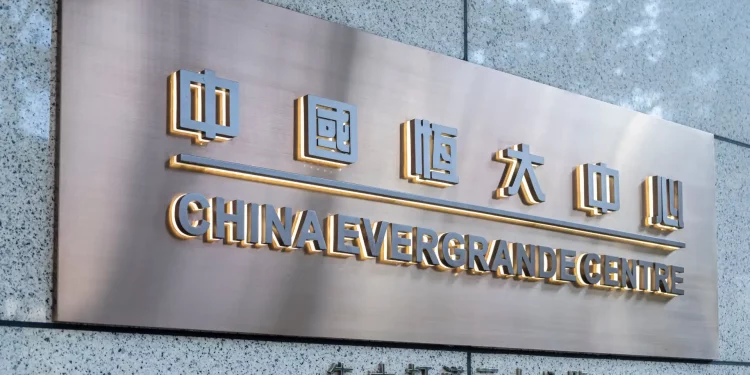The Country Garden, another real estate giant based out of China, is renewing the fears of a probable Evergrande Group episode. It is trapped in a mountainous debt of over $340 billion owed to various banks and bondholders and is in talks with lenders and government officials for a debt restructuring deal.
The Evergrande crisis fear receded when the Chinese central bank intervened and commented that its shockwaves would be contained and that domestic real estate is slowly recovering with new transactions. They didn’t give any comments on the development of a restructuring for the $305 billion debt.
This time there is no sign that the current problem might go overseas as the country’s financial ecosystem has sealed off global capital inflows. Economists raise concerns over the sudden strict pressure from the government to reduce debt exposure which they perceive as a threat to national security. This single move has bankrupted several small developers and brought the operations to a standstill of large developers, and they are instead stuck with hundreds of billions in assets that cannot be converted into cash. These struggles have led to a slowdown in the overall Chinese economy, bringing them to almost zero growth.
The news on August 6 that reported about Country Garden Holdings Co. failing the payment totalling $22.5 million due to the bondholders caused a panic in the global financial markets. The holding company is currently in the 30-day grace period given to non-payers before declaring them defaulters.
Fu Linghui, a government spokesperson from the National Bureau of Statistics, said that the market perceived risks in the real estate sector will soon be resolved, and the government is considering policy amendments to improve investor confidence. He was present at a news conference where he addressed the public and market participants that the government is working with authorities to solve the debt issue.
Country Garden was looked upon as an infrastructural investment-obsessed China’s leading developer with a healthy and clean balance sheet. It suddenly halted the trading of its bonds at the beginning of this week on Chinese exchanges. There were rumours the previous week that it might report a loss of $7.5 billion for the first two quarters of 2023.
China’s economic prowess was the result of an unmatched development of its real estate sector. Developers flocked to have their fair share of the pie and recklessly borrowed to transform the Chinese landscape into a hub of skyscrapers with abundant housing facilities and commercial spaces. This escalated the total corporate, government, and household debt to more than 300% of the annual economic output. This posed a major debt threat as the Chinese population was still a middle-income country owing to its huge population.
In 2017, global credit agencies like Moody’s, Fitch, etc. downgraded the Chinese government credit agencies after a series of warnings for their over-exposure to debt for years. But it was in 2020 when the government decided to take some action and went sharply with strict controls. They introduced a ‘three red lines’ control that would prevent all the debt-overloaded developers from further refinance or borrowing again to repay the previous loans on their maturity.
Such measures all of a sudden exposed the vulnerabilities of the real estate sector that weakened every other player in the market. The struggling sector has now become a negative force slowing down the progress of government policies framed to revive the economy after the pandemic. During the January to March period, the economy grew at a sound 2.2% but later on fell to a mere 0.8% in the April to June period. This gets down to an annual rate of 3.2%, the weakest in decades.
Economic Revival
Chinese real estate amounts to more than 20% of the whole economy. This number moves up to a whopping 35% when expenditure on items like steel, cement, electricals, furnishing etc is included. This overdependence has clouded the whole economy as homeowners are avoiding the purchase of other big products like automobiles, vacations and alike. Automotive sales contracted to 2.6% last month from already decreased levels of previous restricted economy levels.
Country Garden’s debt non-repayment has dominoes several problems for the economy. A report by Moody’s Investor Service presented that homebuyers are avoiding transacting with private developers. This would fail all the government efforts to support and stabilise property sales.
Country Garden’s Financials
The major problem happens to be the company being asset-rich and cash poor. It posted a loan of $233 billion at the end of the previous year. Caixin, a business magazine, published that they might have an additional debt of $27 billion.
The company had only $20 billion of cash for the repayment of loans. From this cash pool, $8 billion was buyer deposits, and the rest was parked in instruments that could not be liquidated quickly.
Caixin reported that Garden had issued bonds and asset-backed securities for $14.25 billion. This included $10.7 billion in bonds sold overseas. Bonds worth $1 billion are due for maturity this year.


















